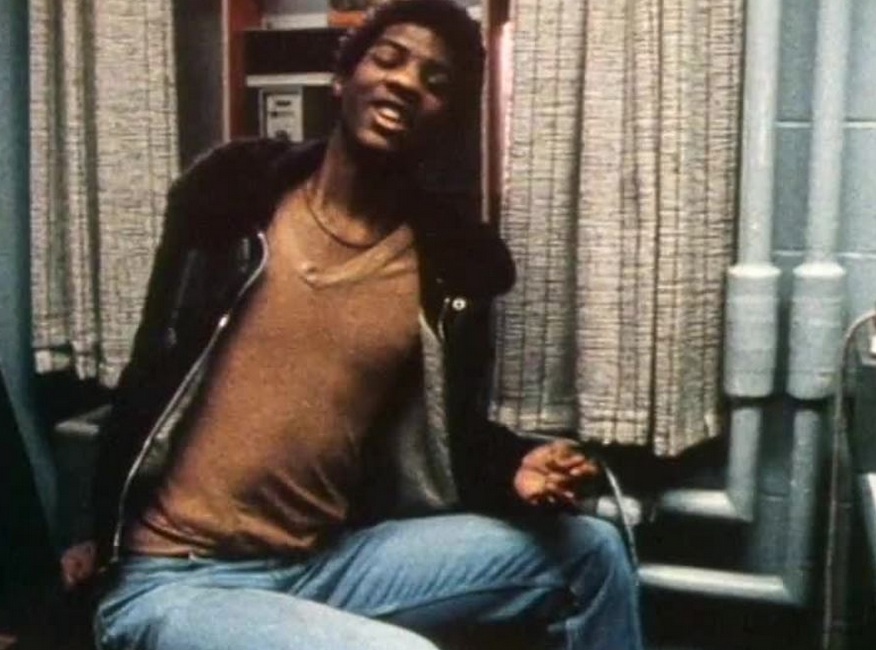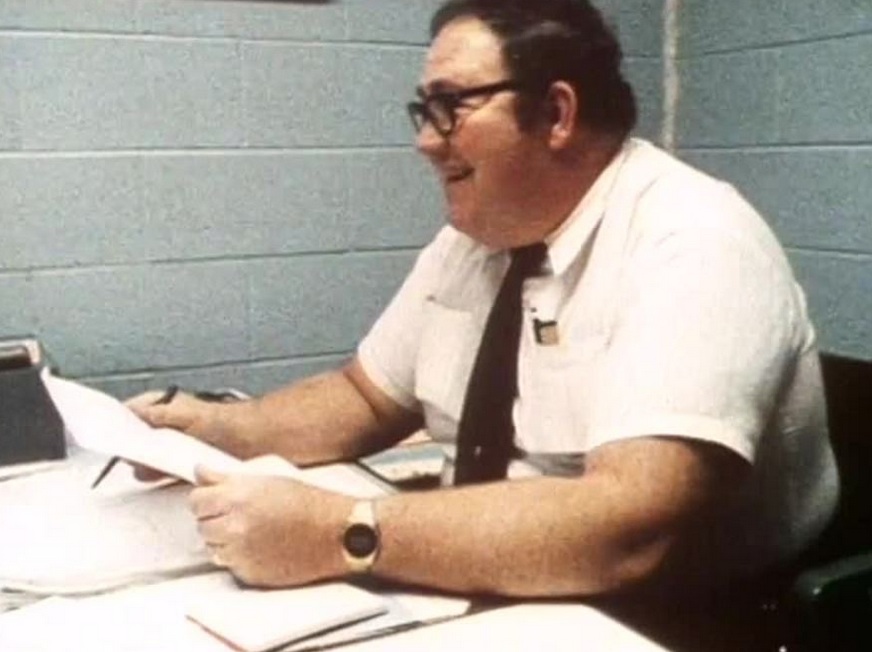[Editor’s note: This article was offered in response to Michael Sicinski’s “The Mysteries of Muncie” on Keyframe.]
“Where was Peter Davis?” Keyframe’s writer asks. Great question. The answer is I was fighting PBS tooth and nail, and then fighting some more, fighting so hard that when we showed another of the “Middletown” films in Washington to an appreciative and discerning audience, PBS executives boycotted the screening. This was The Campaign, Middletown’s political film, which contained both explicit and implicit indictments of how politics works in America. I took my case on Seventeen to Middletown’s principal funder, The National Endowment for the Humanities, which had provided over two million dollars for the making of the Middletown series. NEH backed me solidly and went to PBS to see if a spine could be found anywhere in that institution. I had already found an ally at PBS, the daughter as it happened of a famous Hollywood filmmaker, William Wyler. She backed showing the film, but neither she nor the NEH executives were able to budge the powers at the top of PBS.
The president of PBS was adamant: Seventeen must not be shown to a national audience. Nor was it.
But Seventeen hardly went, as the Keyframe writer alleges, “unseen for three years.” I showed it to anyone who would take the time to see it.
I gathered support for the film slowly and finally found a distributor. This is what led eventually to the First Prize at Sundance.
In condemning all the other Middletown films, the Keyframe writer charges that “This is almost certainly by design.” This implies that I “designed” the five other Middletown films to be invertebrate Valentines to American life, then killed the only film that showed American life as it is truly lived. Really, Keyframe writer? Did you bother to look at the five other films?
This ad hominem attack on me is pretty silly. I gather the writer believes that my other work—on student rebellion in the sixties, on hunger in America, on American slavery, my investigative report on Pentagon war propaganda, my film on the Vietnam War (Hearts and Minds), my book on the Reagan Administration’s illegal and unConstitutional proxy war in Nicaragua, my book on the American underclass, my coverage of the war in Iraq—are all just ways of saying, Hey everything’s dandy in the good old USA.
The Keyframe writer has one last ludicrous statement: “Entry into Middletown almost immediately snuffs that out.” Meaning, it seems, that Seventeen‘s being part of the Middletown series destroys its integrity as a single film. Well, that’s not true, and Seventeen is not a single film. It is not only part of the Middletown series. Seventeen was planned by me—”designed” as the Keyframe writer seems to want it—as the concluding film in the Middletown series. It remains that today. It can hardly be snuffed out by its inclusion since it is, following the five preceding films, the conclusion.
I hired Joel DeMott and Jeff Kreines to work on Middletown because I admired Demon Lover Diary and a film Jeff Kreines had made about his brother. These were probing films, both with an active sense of humor.
Very little in those earlier films, however, prepares us for what I hope is the impact of Seventeen. I can say exactly the same thing about my own earlier films. I never forgot that I could not have made Seventeen without Joel DeMott and Jeff Kreines. Nor, it is equally clear, could they have made Seventeen without me. I hope they are as grateful as I am that our collaboration produced a film that we can be proud of and that a significant number of people apparently still want to see.
Peter Davis is a longtime American filmmaker and author and creator of the Middletown Series, among many other works.





